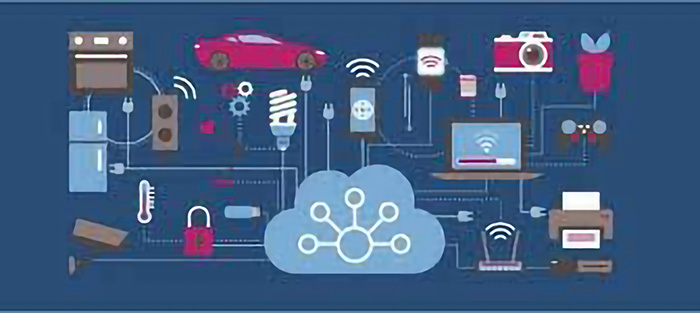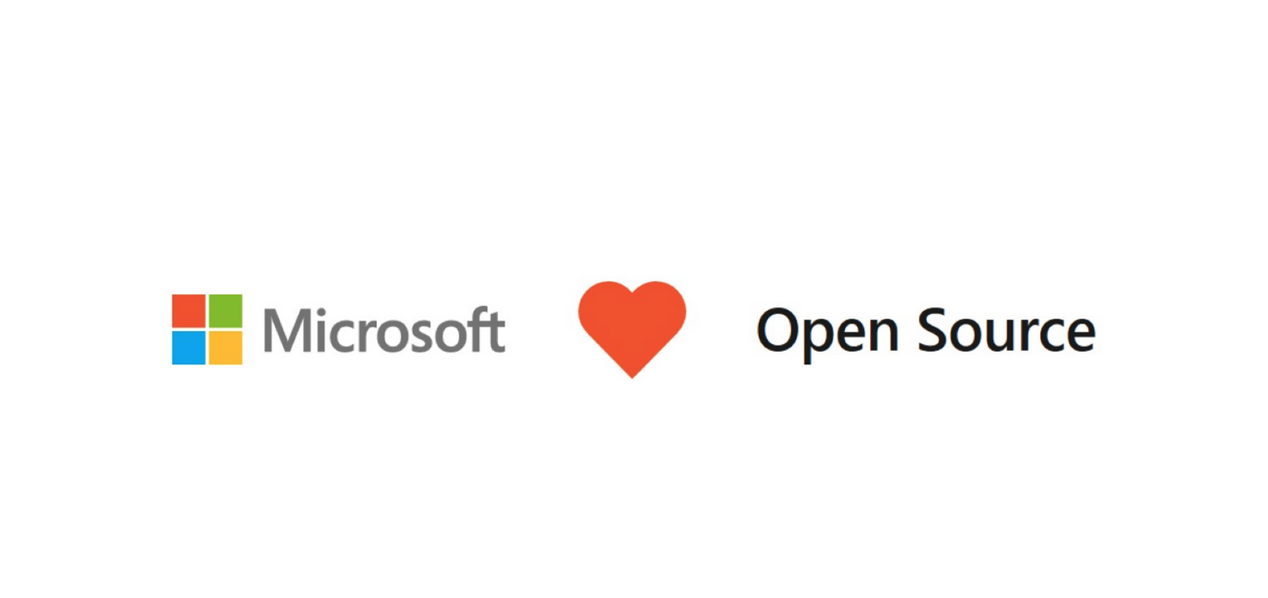Last week Icann, the governing body for Internet names and addresses, announced that it was to distance itself from the United States and become a more globally focused organization. Welcome news indeed and a move in tune with the growing disquiet around the future of an open internet.
The US has historically had a disproportional level of influence over the architecture and regulation of the Internet. One only has to look at the number of US specific top level domains (TLD) compared to the single TLD granted to every other country to see evidence of this.
The web is, by its very nature, essentially anarchic. Nevertheless, having some kind of framework in place is essential for accessibility, and this is why organizations such as Icann are vital for an open, usable Internet. However, having such close ties to a single nation or government is dangerous, especially in light of the recent Snowden revelations.
Speaking last week, the inventor of the web, Sir Tim Berners-Lee warned against the influence governments were trying to exercise on the freedom of the internet:
“A growing tide of surveillance and censorship now threatens the future of democracy. Bold steps are needed now to protect our fundamental rights to privacy and freedom of opinion and association online.”
The Internet is bigger than any one individual nation-state, and a greater distribution of infrastructure control is in the best interests of all parties. There has been a noticeable shift in attitudes amongst the public, and for organizations like Icann to move from the US may help restore some trust in the Internet.
However, regulatory bodies are only one part of the equation. We also rely on a variety of service providers of different kinds in our day to day use of the web, and we are now aware that many work closely with governments. Indeed, Internet giants such as Google and Facebook hold richer stores of user data from across the world than any single nation, including the US, could ever hope to hold.
This emphasises the responsibility on all Internet users to retain a degree of control over their own data. We can’t always expect service providers to act in our best interests, and without control, a free and open web may become a thing of the past.
Does this scare the hell out of you too? It should. Would like to hear what you think, so respond below with where you think this all ends up.




-png-2.png)
